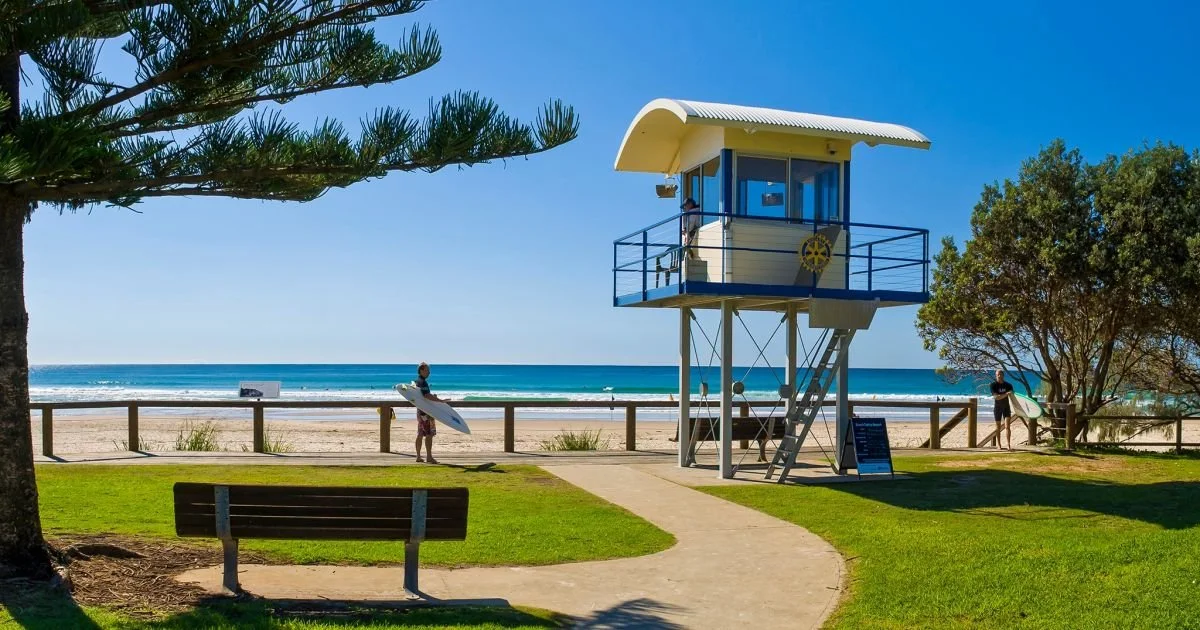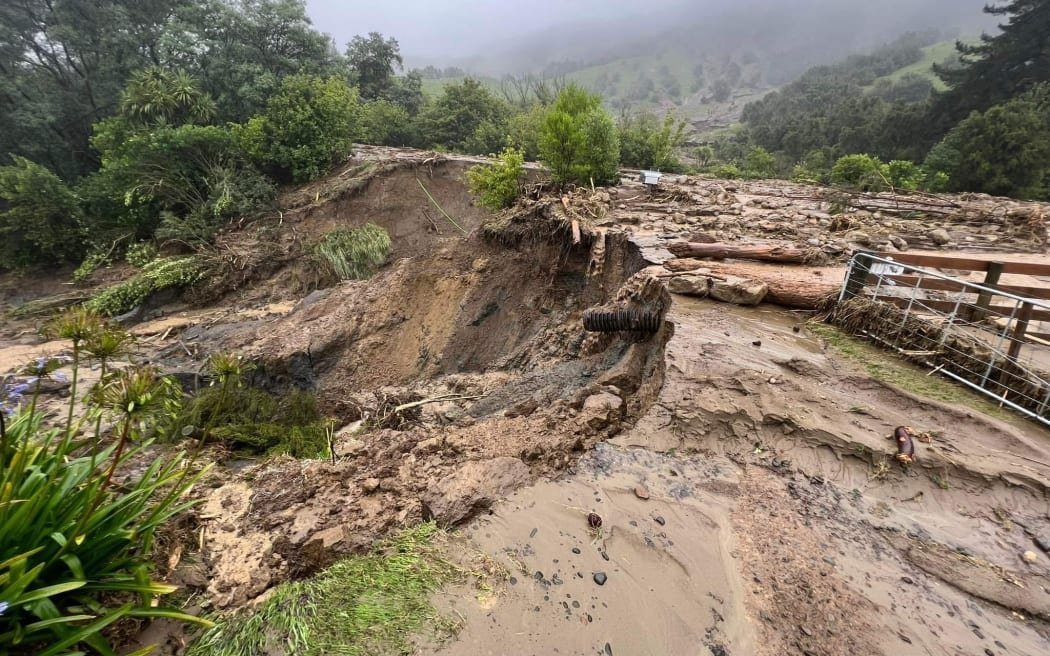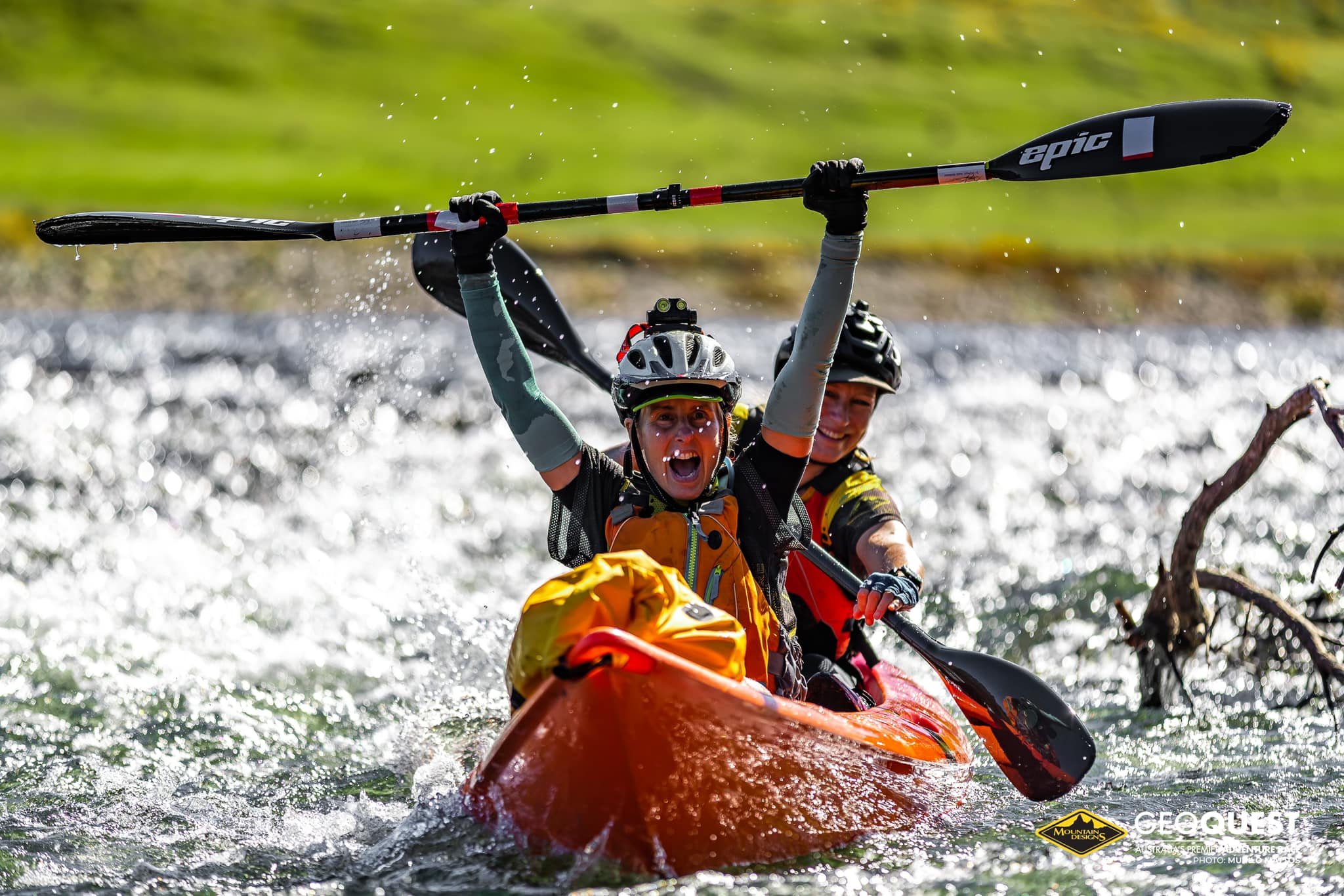Below is a report from Team CRANK on some the keys to a successful adventure race. They first raced in 2002 and over the past few years they have been on a very steep learning curve absorbing information from other teams and learning by trial and error. They have certainly learnt something as they are now consistent, strong and top placing finishers in just about every event they enter!
Matt, Hugh, Jane and Michael explain:
Below are a few points that we've learned along the way, if they work for you then we'll take the credit if not we probably still have some more learning to do!
Tips for Teams
Get organised, communicate, have team meetings etc in the lead up.
Have an awesome support crew. These people are as important as the racers and should never be taken for granted. Don't sell crewing as a nice weekend away as its not. Crews need to know they will get their share of the sleep deprivation as well. See below for the tips for crew.
Train and work on improving for your weaker legs. You will see the biggest gains in your overall race.
Lots of rest the week before.
Eat and dink copious amounts leading up to the race.
When racing, eat before you get hungry, even if you find it hard, which you will. Some teams set an alarm every 20min just to remind them.
Get to know your body eg when are you about to bonk, what food stays down.
Do rogaines for navigation experience - cheap and a fun way to see new places.
Look after your feet - Gurney's Goo is your friend, tape ankles if you are prone to rolling them. They are going to hurt until you toughen them up.
Team dynamics play a huge role. If your team doesn't get along and work together your race is affected and the fun factor dies off.
Keep an eye on your team mates, help them before they ask for help.
No brand new gear on race day, have at least trained with all the kit you are using.
Check and double check your gear well in advance. Its no good turning up to a wet race to find your brake pads half worn. You won't have any by the end of the race.
Go for reliability over the lightest and fastest equipment. Crank bikes are around the 12kg mark except Hugh's cos he has easy access via Bike Addiction (www.bikeaddiction.com.au) to all the latest Bike Porn, is a chronic weight weenie and can fix just about anything with zip ties and gaffer tape.
Basic layer principles for warmth - synthetic or wool next to skin layer through to a windproof outer with layers in between as required. iRule (www.irule.co.nz) have excellent AR shorts called Ninjas made from a fabric called Meryl rather than lycra. These are almost like a microfibre wool and when combined with the small chamois they are perfect for a base layer for multisport events. Polypro is your friend as well.
Regulate your body heat - In cold look after the hands, feet and head. Even a bandana makes a difference under a bike helmet.
Race smart. Adventure racing is long, so don't get to carried away at the start. Hitting the wall in the early stages messes with your head. We've found out the hard way.
Tips for support crews
Write lists, check lists, and more lists. Allocate who brings what gear.
Meet with the whole team and work out the logistics for everything.
As a crew member you are an important member of the team. The whole team should work together - support and competitors.
Work out who is responsible for what within the support crew. Allocate yourselves competitors who you are responsible for. If possible know that person well. This is your person for the race. Unless asked, leave the rest of the team to themselves in transition
Race food - each competitor is responsible for suppling race food. Go shopping with your competitor before the race so you know what they eat. Use your judgement on what they might have forgotten but if they don't have it on race day they probably don't want it.
Get your competitor to write down mix ratios for Hi-5 or Gu sports mix - when its 5.30 am and you haven't had any sleep, it helps to have things written down. Laminate these instructions and keep them with the sports mix.
Remember to eat, sleep and be merry. When it all gets going and your trying to pack cars, deliver bikes and remember directions, sometimes you forget to do things for yourself.
Listen to others - some people have done this many time before, learn from their experience.
Remember the better job you do the happier your team as a whole will be. Whether your there to help them win, place, finish or just survive the support crew is what makes it all happen.
During the race, keep food and water/mix in a tub, and gear in another tub. Simple but effective, it helps the support crew pack a semi trailer worth of gear into the back of a car in a matter of minutes.
It is better to be organised 3 hrs before your team turns up in transition, than 5 minutes after.
Fast transitions are good transitions - don't burden you team with useless information, don't give them too many choices or ask to many questions. Ask them what they want and follow it through. Your job is to get them back out there in the quickest time that might mean telling them to hurry up.
Give all members of the team space to do what is needed. If your not needed stand back and wait.
Know where other teams are so the team knows if it has to push or if they can slow down.
When you have a problem talk to other support crews, its amazing what skills you may find (eg broken down car on Geo - found a mechanic).Find someone else to drive home with at the end of the race. When everyone’s tired and there’s still a long drive home, keep an eye on each other so you can both go to the next race.
Finally what happens at the race stays at the race- GOMO- Get Over it and Move On.
















